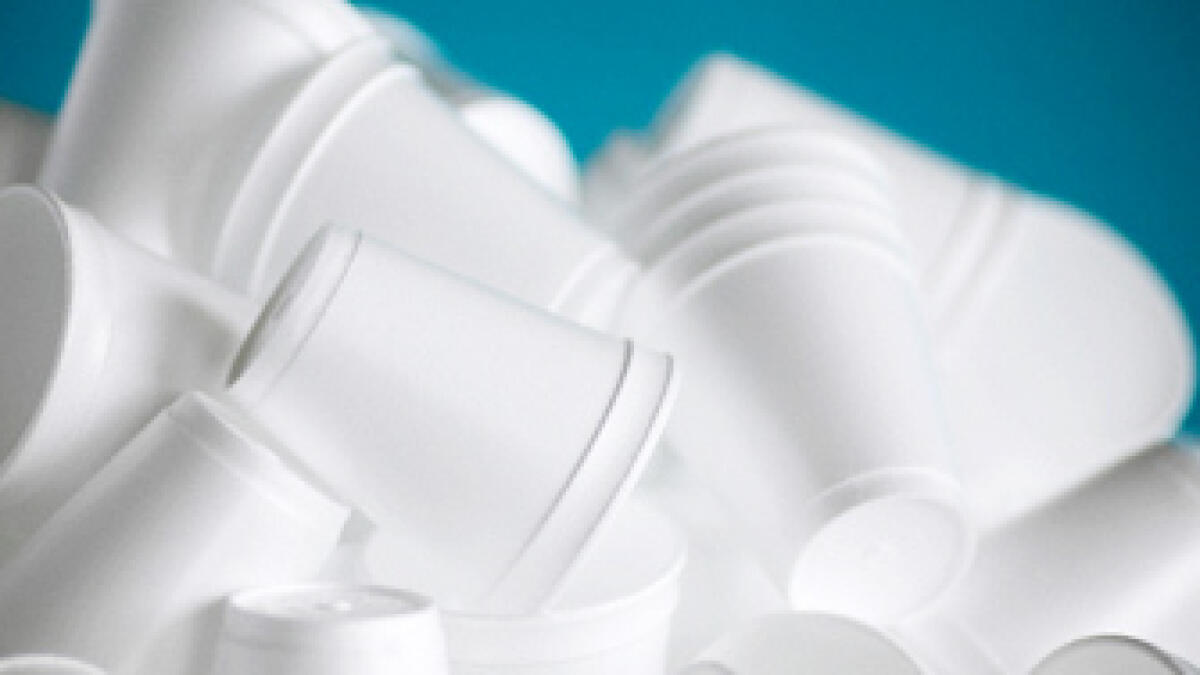Abu Dhabi has taken a significant step towards sustainability by announcing a ban on single-use styrofoam products, effective from June 1. The ban will include items such as cups, lids, plates, beverage containers, and food receptacles for immediate consumption. This initiative is part of the Abu Dhabi Single-Use Plastic Policy and aligns with the goals of the Year of Sustainability.
Exempted from the ban are items like reusable storage boxes, coolers, and products intended for medical use. The policy was introduced in May 2020 to address the issue of single-use plastic pollution. Following the ban on single-use plastic bags in June 2022, there was a significant reduction in their usage across all retailers, with a reported 95% decrease.
Other emirates in the UAE have also implemented similar measures to reduce single-use plastic waste. In Sharjah, the ban on single-use plastic products started on January 1, 2024, with the municipality halting the manufacturing of single-use plastic bags. Dubai also joined the initiative, imposing a ban on single-use plastic from January 1, 2024, with fines of up to Dh2,000 for violations.
These actions follow the federal government’s announcement in January 2023 of a pan-UAE ban on single-use plastic products starting in 2024. By enforcing these bans, the UAE aims to combat plastic pollution and promote sustainable practices. It is important for businesses and consumers to adapt to these regulations and opt for eco-friendly alternatives to contribute to a cleaner and greener environment.
The ban on single-use styrofoam products in Abu Dhabi signifies a commitment to reducing plastic waste and protecting the environment. By eliminating these items, the authorities aim to encourage the use of sustainable alternatives and promote responsible consumption practices. Individuals and businesses are urged to comply with the ban and explore eco-friendly options to help create a more sustainable future for the UAE.
As the UAE continues to implement strict measures to combat plastic pollution, it is essential for residents and visitors to support these initiatives by reducing their reliance on single-use plastics. By making conscious choices and opting for reusable and biodegradable alternatives, individuals can play a significant role in preserving the environment and safeguarding the planet for future generations. Embracing a sustainable lifestyle is imperative in the fight against plastic pollution and building a greener, healthier future for all.





















